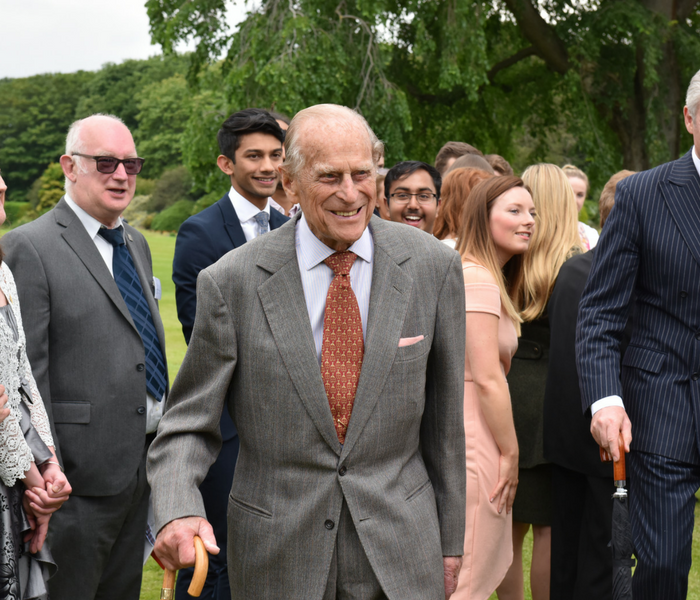
Samantha Silver
I was at Ackworth, a boarding school, in the 1970s and the Duke of Edinburgh Award scheme was a fantstic way of experiencing new people and places. I was involved in reading with adults who had literacy difficulties, designing and producing for the theatre and just loved the expeditions from Bronze to Gold.
During the Gold expedition I developed very bad blisters and was advised not to complete the final day. I went back to school and had to wear flip flops through the summer term until they healed.
Our DofE Award leader suggested that I should apply for a residential community service to complete the award. So I went to a Dr Barnardo's home outside Harrogate where I met so many children with physical, emotional and behavioural challenges because of their personal and medical needs.
`This was a huge moment in my life. I learned to look beyond a disability to see the child. I played football with children in wheelchairs; saw the intense joy of children with Downs syndrome as they learned to swim; a child helped me to cope with my reaction to his a prosthetic leg. I also heard from staff that they believed government cuts in school funding would lead to child deaths in the winter when heating would not be affordable. I found it very difficult to report back on what I had learned from the residential placement, but was encouraged by my DofE leader complete this part of the award.
I now run a social enterprise, Action-attainment CIC, working to improve life outcomes for children with hidden disability and their families. We use sport to build friendships and resilience. We teach parents and educationalists to look at the individual, not the diagnosis, when supporting children to achieve and learn.
I think that the education I experienced through the DofE Award, the Quaker school I attended that ran the programme, and becoming a fellow of the School for Social Entrepreneurs, have shown me how individuals can have an impact through active community work.
During the Gold expedition I developed very bad blisters and was advised not to complete the final day. I went back to school and had to wear flip flops through the summer term until they healed.
Our DofE Award leader suggested that I should apply for a residential community service to complete the award. So I went to a Dr Barnardo's home outside Harrogate where I met so many children with physical, emotional and behavioural challenges because of their personal and medical needs.
`This was a huge moment in my life. I learned to look beyond a disability to see the child. I played football with children in wheelchairs; saw the intense joy of children with Downs syndrome as they learned to swim; a child helped me to cope with my reaction to his a prosthetic leg. I also heard from staff that they believed government cuts in school funding would lead to child deaths in the winter when heating would not be affordable. I found it very difficult to report back on what I had learned from the residential placement, but was encouraged by my DofE leader complete this part of the award.
I now run a social enterprise, Action-attainment CIC, working to improve life outcomes for children with hidden disability and their families. We use sport to build friendships and resilience. We teach parents and educationalists to look at the individual, not the diagnosis, when supporting children to achieve and learn.
I think that the education I experienced through the DofE Award, the Quaker school I attended that ran the programme, and becoming a fellow of the School for Social Entrepreneurs, have shown me how individuals can have an impact through active community work.

